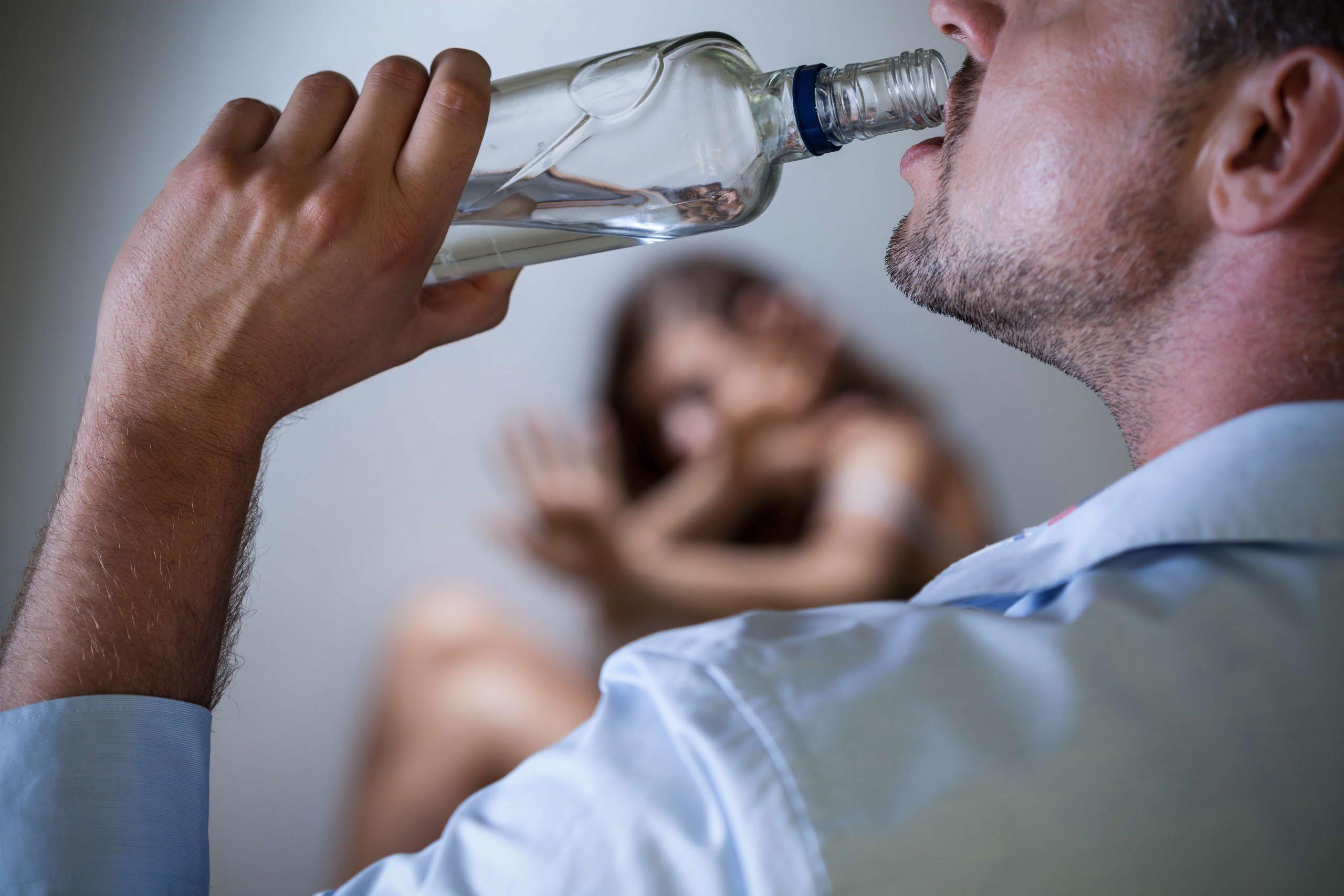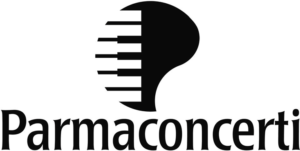How to Deal With an Alcoholic: Dos, Dont’s, Coping
To find a treatment program, browse the top-rated addiction treatment facilities in each state by visiting our homepage, or by viewing the SAMHSA Treatment Services Locator. Addiction Resource aims to provide only the most current, accurate information in regards to addiction and addiction treatment, which means we only reference the most credible sources available. Whether it happens over time or immediately, the person realizes that their drinking has become a bit out of control.

When a person starts abusing alcohol, they may feel they have a good reason. Stress, obligations, trauma, abuse, or any other number of negative circumstances can seem like an acceptable reason to pick up a bottle or have a drink. The ability to deny, to minimize, or to project/blame is what enables individuals to continue their problematic behaviors despite overwhelming evidence of their destructive nature. Maintenance signifies the acquisition of behavioral patterns and lifestyle changes that have facilitated the desired change and solidified it.
Denial in Alcohol Use Disorder
For example, in early studies, Moos and colleagues examined the longitudinal course of functioning in families of men receiving treatment for AUD. At 2-year follow-up, they compared family functioning for men who were in recovery to men who had relapsed. The main limitations of the present study were the cross-sectional design, neither allowing any causal interpretation nor clear assessment of temporal sequences as suggested by Saunders’ model. Although the GP’s refusal rate of 56.4 % was considerable, as other studies with register-based random sampling usually have lower response rates [51, 52] it seems overall acceptable. As reported above, the majority of GPs refused study participation for reasons unrelated to this study.
- Denial is a type of defense mechanism that involves ignoring the reality of a situation to avoid anxiety.
- People with an alcohol use disorder can be highly functioning or compromised.
- When they are high, their fears of inadequacy and unworthiness fade away.
- It’s important to remain calm when confronting your teen, and only do so when everyone is sober.
But denial can also cause problems in your life, particularly if it keeps you from addressing a problem or making a needed change. In some cases, it can prevent you from accepting help or getting the treatment that they need. Unfortunately, alcoholics too often turn the realistic need to enter rehab into a battle between themselves and anyone who is urging treatment. This leads to a prideful stance to maintain a distorted sense of power by not letting anyone “force” them into treatment. “You can’t make me” becomes a battle alcoholics can win, while ultimately losing the war.
WHAT IS ALCOHOL USE DISORDER/ALCOHOLISM?
On interview, Mr A reported having lost his balance (which resulted in the fall); he denied chest pain, shortness of breath, palpitations, or a loss of consciousness. Mr A told the staff that he had consumed a pint of alcohol 12 hours earlier. His medications included sertraline (25 mg nightly) and why are alcoholics in denial amlodipine (10 mg daily). He denied using other substances or having any family history of psychiatric illness. On physical examination, he had a bilateral upper extremity tremor and tongue fasciculations. A computed tomography scan of the head demonstrated no ischemic or hemorrhagic findings.
Denial was dangerous for Winehouse because it interfered with her ability to accept the help she needed to meet a challenge she could not overcome on her own. She “didn’t wanna have ta” face her alcoholism fully and go to treatment. Addiction can also be a source of terrible shame, self-hatred, and low self-worth.
Examples of Denial
Someone in the throes of an alcohol addiction may refuse to acknowledge the connection between their problems and drinking. Denial can become a sort of defense mechanism for them, allowing them to continue on this destructive path. Binge or heavy drinking can wreak havoc on a person’s love life, work responsibilities, and in some cases, result in legal problems. Additionally, long-term effects of alcohol result in brain damage and compromise different functions of the brain, including insight and other frontal lobe processes.
- Studies investigating effective methods to increase access to low-cost treatment options—including those with technological adaptations to increase treatment availability—are warranted.
- Knowledge of the impact of AUD on families has led to the development of family-engaged treatments.
- Maintenance signifies the acquisition of behavioral patterns and lifestyle changes that have facilitated the desired change and solidified it.
- They proposed that change is a process rather than an isolated event; change progresses through 5 stages (precontemplation, contemplation, preparation, action, and maintenance) that often involve regression to earlier stages before materializing.
- Tolerance means that, over time, you need more and more alcohol to feel the same effects.
Pretending – I learned to simply nod my head and agree if someone called me out on my drinking. Pretending to look into treatment options while having no intention to follow through or repeatedly apologizing and saying I would do better quickly became the same old song to my loved ones. The action stage involves discreet intentional, tangible, and measurable modifications in one’s behaviors and lifestyle.
The Management of Alcohol Use Disorders: The Impact of Pharmacologic, Affective, Behavioral, and Cognitive Approaches
Individuals in this stage acknowledge that their behaviors are problematic, and they gain awareness of the “pros” and “cons” of changing them. In this phase, they are still ambivalent (ie, “sit on the fence”) about acting on their awareness and they procrastinate. Recovery from alcohol addiction is a process that takes time and may involve setbacks.


